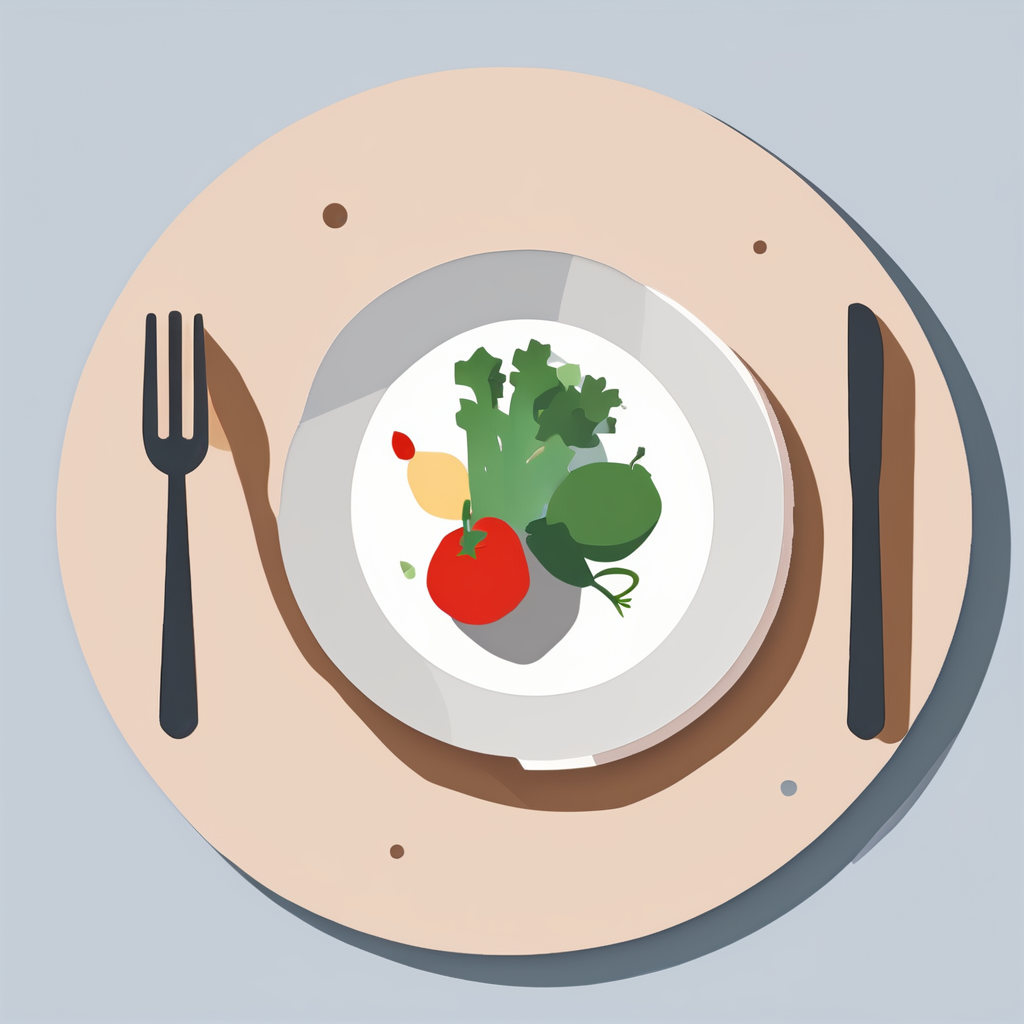Understanding Food Waste in the UK
Food waste statistics reveal a significant challenge in the UK, with millions of tonnes discarded annually. This waste not only affects economic resources but also contributes to environmental degradation. The UK kitchen sustainability movement is pivotal in addressing this issue at the household level.
Environmental Impact of Food Waste
Also to read : Selecting the perfect kitchen sink: merging style and functionality for uk homes
Food waste’s environmental impact is profound due to the greenhouse gases released during waste decomposition. This exacerbates climate change, highlighting the necessity for proactive measures. Sustainable practices in the kitchen can significantly curb these emissions, making an essential contribution to environmental conservation.
Importance of Reducing Waste in Kitchen Renovations
Also to discover : Exploring the advantages and disadvantages of various kitchen layouts in uk homes
Incorporating waste reduction strategies into kitchen renovations fosters UK kitchen sustainability, promoting eco-conscious habits. By choosing sustainable designs, households can decrease their overall food waste, leading to fewer contributions to landfills. Emphasizing efficient storage solutions, composting systems, and energy-efficient appliances are effective strategies within a sustainable kitchen framework. Such kitchens are not only environmentally beneficial, they also align with the broader cultural shift towards sustainability in the UK.
By utilising these practices during kitchen renovations, households can play a direct role in reducing food waste, supporting a circular economy, and contributing to a healthier planet.
Innovative Eco-Friendly Kitchen Ideas
Choosing sustainable kitchen design elements can significantly impact the environment and the aesthetic appeal of your home. Eco-friendly materials, like bamboo, reclaimed wood, and recycled metal, are durable and offer unique textures and colours. Bamboo, for instance, is celebrated for its rapid growth and regeneration. Reclaimed wood not only reduces deforestation pressures but also offers a vintage charm.
Use of Recyclable and Sustainable Materials
When considering materials, certifications are key indicators of sustainability. Look for FSC-certified woods, which ensure responsible sourcing. A growing number of kitchen renovations in the UK showcase the benefits of eco-friendly materials. For instance, one household achieved a stunning kitchen makeover by incorporating recycled glass countertops, gaining both aesthetic appeal and reducing landfill impact.
Energy-Efficient Appliances
Modern kitchens also benefit from energy-efficient appliances. Energy Star-rated devices are optimal choices for reducing utility bills and environmental impact. Smart technology, such as smart fridges and ovens, offers enhanced energy management. These appliances can be programmed to use power during off-peak hours, maximising efficiency. Real-life renovations demonstrate remarkable reductions in energy consumption, illustrating the power of these upgrades.
Practical Strategies to Reduce Food Waste
Reducing food waste is essential in fostering UK kitchen sustainability. Effective meal planning stands as a cornerstone in this endeavour. Begin by assessing what is already in your pantry or refrigerator, and plan your menu around these items. This prevents unnecessary purchases and ensures that every ingredient has a purpose. Techniques such as creating a weekly meal planner and sticking to a shopping list can drastically reduce impulse buys, leading to less waste.
Food storage tips are equally crucial. Store fruits and vegetables properly by understanding their specific needs; for example, some items require cool, dark places, while others may benefit from room temperature. Utilizing airtight containers and properly sealing perishables extends their shelf life significantly. Employing a “first-in-first-out” system further aids in minimizing spoilage by prioritizing older items.
When it comes to leftovers, let creativity shine through! Reimagining last night’s dinner as tomorrow’s lunch not only cuts down on waste but also infuses variety into meals. Batch cooking and freezing portions for future use can also streamline this process. Embracing these practices ensures households can enjoy fresher, longer-lasting food while contributing positively to sustainability goals.
Local Resources for Eco-Friendly Kitchen Renovation
Imagine transforming your kitchen into a sustainable haven with the help of UK sustainable kitchen suppliers and eco-friendly services. Fortunately, the UK boasts a plethora of resources to aid in this eco-conscious journey. Numerous local suppliers offer an impressive range of eco-friendly materials and appliances. These include bamboo cabinets, recycled metal fixtures, and energy-efficient appliances from reputable brands.
When planning your renovation, consider consulting services specializing in sustainable kitchen design. These experts can provide invaluable insights into optimizing space, enhancing energy efficiency, and selecting the best materials. Their expertise ensures your renovations not only lower food waste but also contribute to a greener environment.
To further support these initiatives, explore community programs focusing on food waste reduction. These initiatives often incorporate composting workshops, meal planning classes, and local food sharing schemes. Participating in these programs not only enriches community engagement but also embeds sustainability into everyday practices. By leveraging these local resources, you can create a kitchen that epitomizes UK kitchen sustainability, aligning with the growing cultural shift towards eco-friendly living.
Testimonials and Case Studies
Exploring sustainable kitchen success stories offers valuable insights into eco-renovation. UK homeowners have embraced these transformations, sharing feedback on their impact on daily life and waste reduction. One standout story involves a household transitioning to a more sustainable kitchen. The homeowner chose eco-friendly materials like bamboo and reclaimed wood, reducing reliance on new resources. This shift not only added character to their space but also highlighted the benefits of sustainable kitchen design.
Incorporating energy-efficient appliances proved transformative in another family’s home. Upgrading to Energy Star-rated devices and implementing smart technology allowed them to significantly cut energy use. The immediate result was a noticeable drop in utility bills and a lesser environmental impact. These case studies are testament to the power of eco-renovation examples.
Performance feedback is overwhelmingly positive. Residents report not only financial savings but also an enhanced sense of contribution to environmental conservation. Daily practices, such as strategic meal planning and efficient food storage, have evolved, aligning with UK kitchen sustainability principles. This proves that thoughtful kitchen renovations extend well beyond aesthetics, influencing lifestyle changes and reinforcing community-centric, sustainable living values.
Visual Inspiration and Planning Tools
Kitchen renovation inspiration can play a pivotal role in crafting an eco-friendly space that balances functionality with aesthetic appeal. When planning a sustainable kitchen, sourcing photos of innovative sustainable kitchen designs can be invaluable. These images showcase real-world applications of eco-friendly elements in various styles, serving as a guide for visual creativity.
To further aid in planning, numerous planning resources offer insights into integrating sustainability smoothly. These tools include online platforms that allow homeowners to visualize their new kitchen layout and experiment with different materials and configurations. Utilizing technology such as these virtual design tools, helps streamline the renovation process, ensuring that choices align with both style preferences and environmental goals.
Incorporating eco-friendly elements can be achieved through smart planning and design. Consider these tips:
- Use reclaimed or FSC-certified wood.
- Opt for energy-efficient lighting.
- Integrate composting and recycling systems into kitchen design.
By leveraging kitchen renovation inspiration alongside these practical tools, you can design a kitchen that is not only beautiful but also contributes positively to UK kitchen sustainability efforts. Additionally, the integration of such elements supports a broader cultural appreciation for sustainable living practices.

